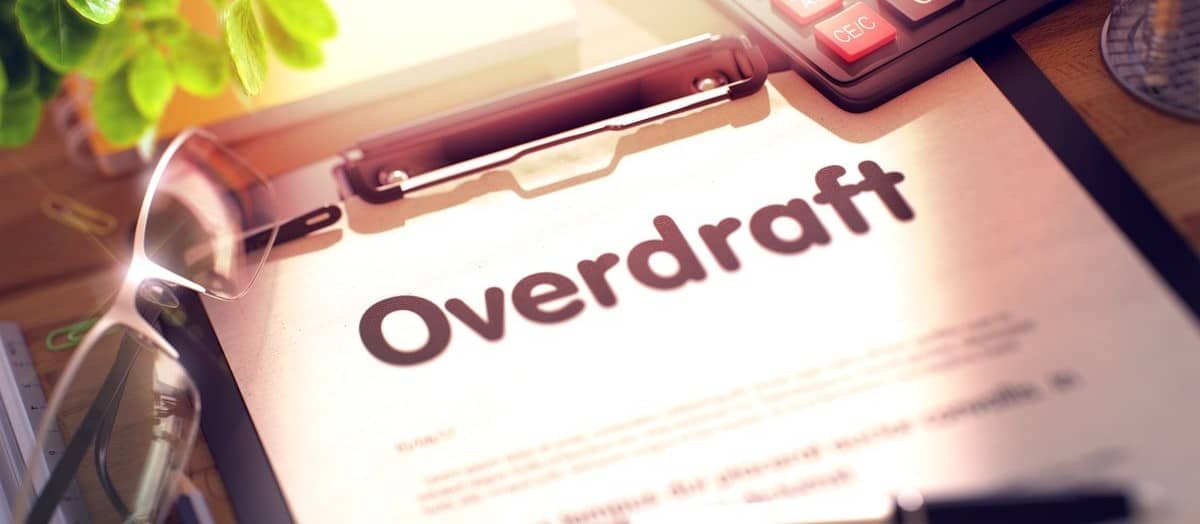While many laws and regulations govern banking practices, no specific law states that overdrawing your bank account can land you in jail. Overdrafts are generally considered civil matters rather than criminal ones, and as such, they don’t usually lead to imprisonment. However, repeated overdrafts that are not repaid can have other serious consequences, which we will explore further in this article. Please read Does Overdraft Affect Credit Score?

It should be noted. However, that law can differ from state to state. While it’s rare, some states may have laws that allow for jail time in extreme cases of debt default. But for this to happen, the reasons for overdrawing an account must support a criminal prosecution. It is not just the act of overdrawing the account but the intent behind it that could result in a criminal charge, such as fraud.
Can you go to jail for over-drafting your bank account?
No, you can not go to jail for over-drafting your bank account. However, if you overdraft your bank account too much and avoid paying debts, the bank, as your creditor, can report you to the credit bureaus, close your bank account, and damage your credit score.
While you won’t go to jail for over-drafting your bank account, your financial health can suffer significant damage if it becomes a pattern. Overdrafts result in fees, which can accumulate if they are not repaid quickly.
As your creditor, your bank can report you to the credit bureaus if you default on overdraft payments. This action can damage your credit score, making it more difficult for you to secure loans or credit in the future.
If the debt becomes too large and remains unpaid, your bank may close your account and send your debt to a collection agency. This situation will further harm your credit score, and you may receive calls and letters from the collection agency demanding repayment.
Minimizing The Impact of Overdrafts
To avoid these negative consequences, it is advisable to repay any overdrafts as soon as possible. Keep a close eye on your account balance and ensure you have enough funds to cover outgoing payments.
Payment history is a significant factor in your credit score, so missed or late payments can harm your credit. Please keep track of your bills and pay them on time to maintain a good payment history.
Additionally, try not to use more than 30% of your available credit balance, as high credit utilization can negatively impact your credit score. Diversifying your account types, such as having credit cards and loans, can also help. This action exhibits a history of managing different kinds of credit and can boost your credit score.
Conclusion
In conclusion, while you won’t end up in jail for over-drafting your bank account, it’s crucial to manage your finances responsibly to avoid the repercussions that overdrafts can bring. Regularly monitor your accounts, keep up with payments, and maintain a healthy credit utilization ratio to protect your financial health. If you are frequently over-drafting your account, it may be worth seeking financial advice to help manage your money more effectively.
